Dell: The Success Story of Apple's Key Competitor
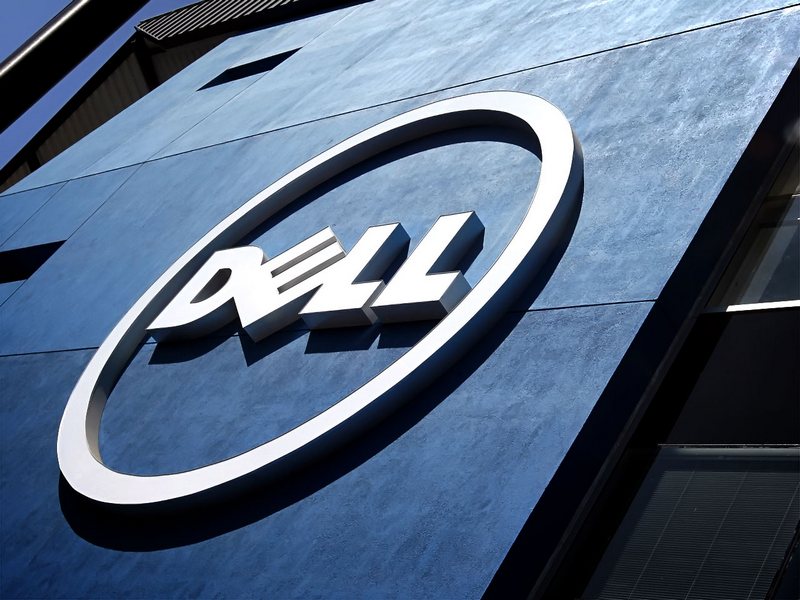
💡 Want more business insights? Stay ahead of the curve with our exclusive updates!
👉 Join our Telegram channel for daily business ideas and expert tips.
👉 Follow us on Facebook to never miss a trend or update!
Don’t just read—connect, grow, and innovate with us today!
Company Dell is a prime example of how persistence and foresight of an individual businessman can lead to astounding success in business. Behind the success of this computer brand stands the name Michael Dell - the man who managed to build his own computer empire from scratch, becoming one of the main competitors of Apple, as significant as IBM or Microsoft.
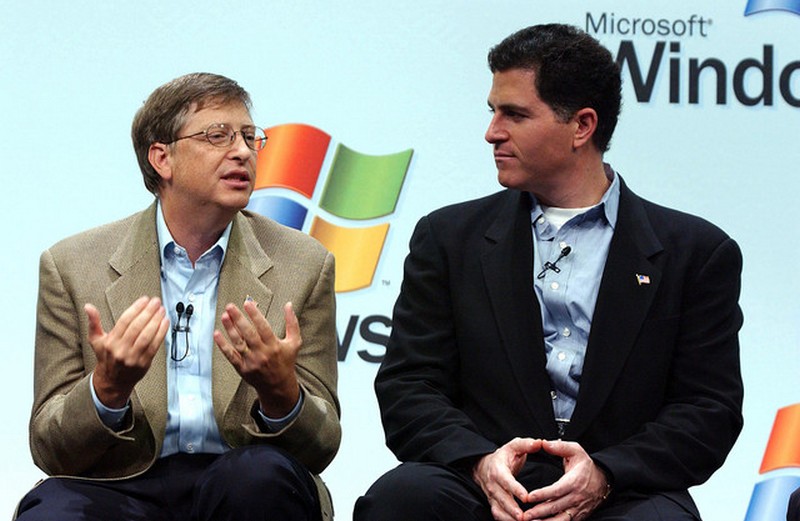
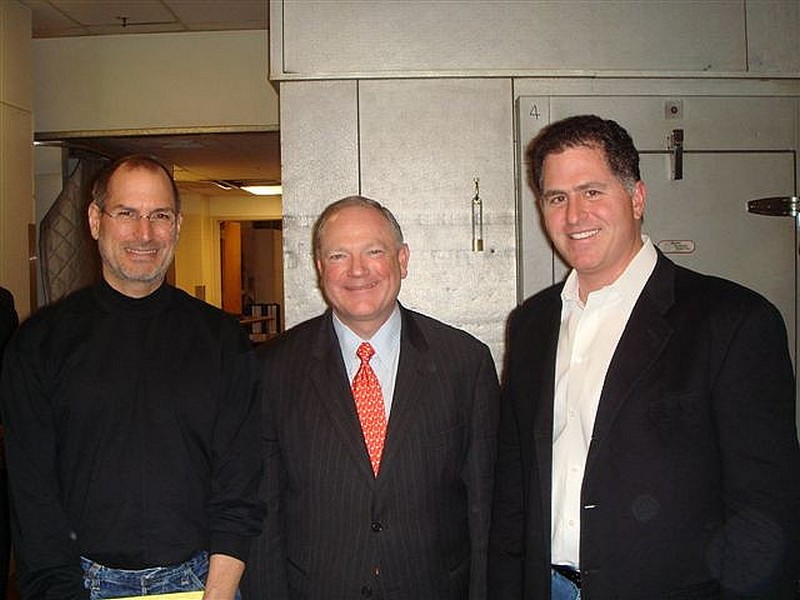
Early Years of Michael Dell
Founder of Dell began his business endeavors at an age when most children are only thinking about computer games and entertainment. At the age of twelve, he used his hobby of stamp collecting to create his own auction for philatelists. He involved his friends in the work and managed to earn his first $2,000.
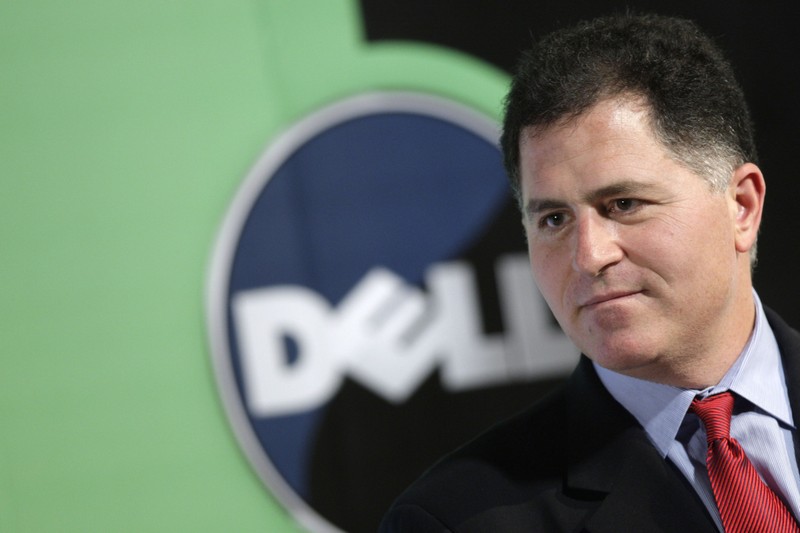
At sixteen, Michael started working as a newspaper subscription distributor for the Houston Post. Quite swiftly, the young man identified the types of customers who were most likely to purchase subscriptions: new settlers and newlyweds. He assembled a team to locate such people, significantly boosting sales. This venture brought the young entrepreneur $18,000, enabling him to purchase a car for himself.
He then decided to focus on his studies and took exams at Texas University, eventually majoring in biology. However, the emergence of personal computers in America changed the course of Michael Dell's life.
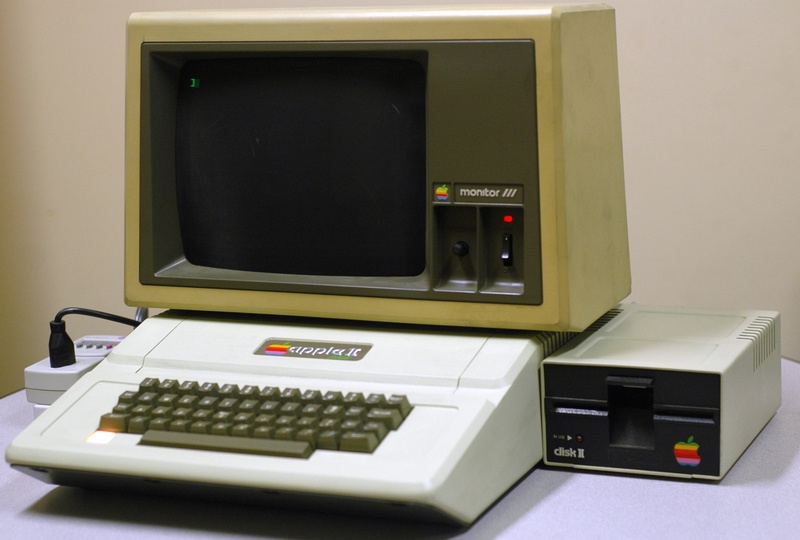
Michael had experimented with computer technology even at the age of 15 when he modified his "Apple 2" computer. However, he seriously ventured into computer technology at the end of his first year at the university.
PC's Limited
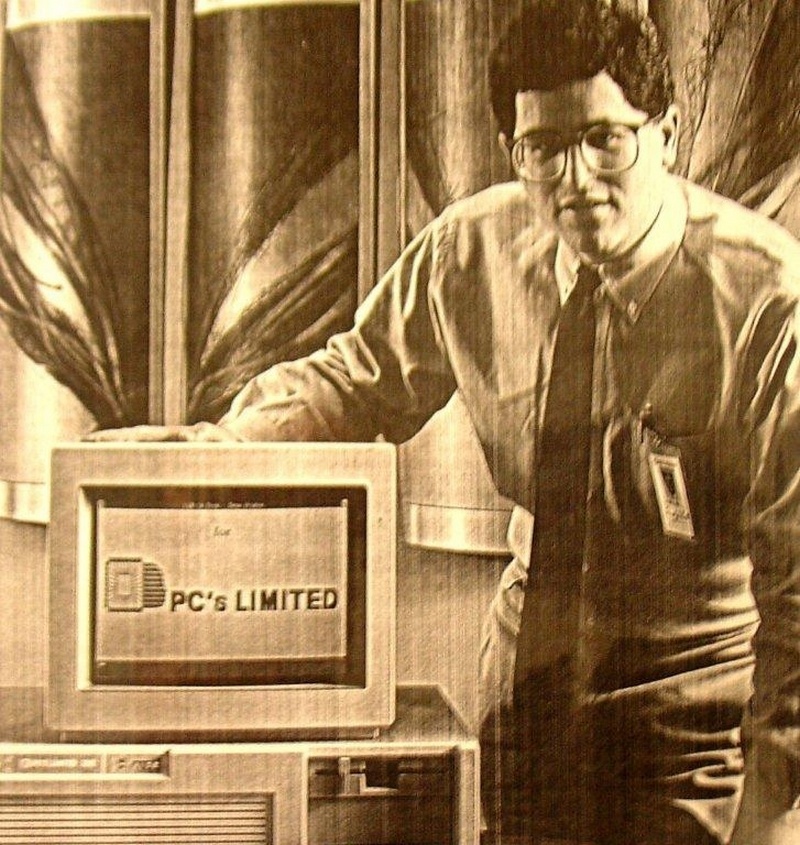
The company's initial name, PC's Limited, was born. Michael boldly declared that he would compete with IBM, although there was still a long way to go. The company's first office was a room in a dormitory where Dell assembled computer equipment for his customers. Mass production was not yet in the picture as only enthusiasts were interested in computers. Michael modified old computers using purchased parts for these enthusiasts. He immediately decided to work directly with customers, completely eliminating any intermediary services. This move lowered prices and made Dell's computers competitive.
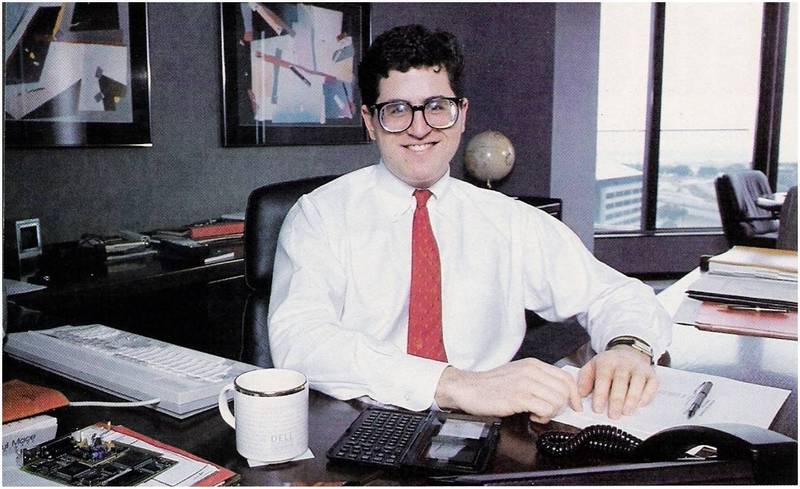
In no time, the business consumed all of Michael's attention, leading to difficulties with his studies. He bet on his own company and dropped out of university. As the future revealed, this choice was the right one.
Dell Computer
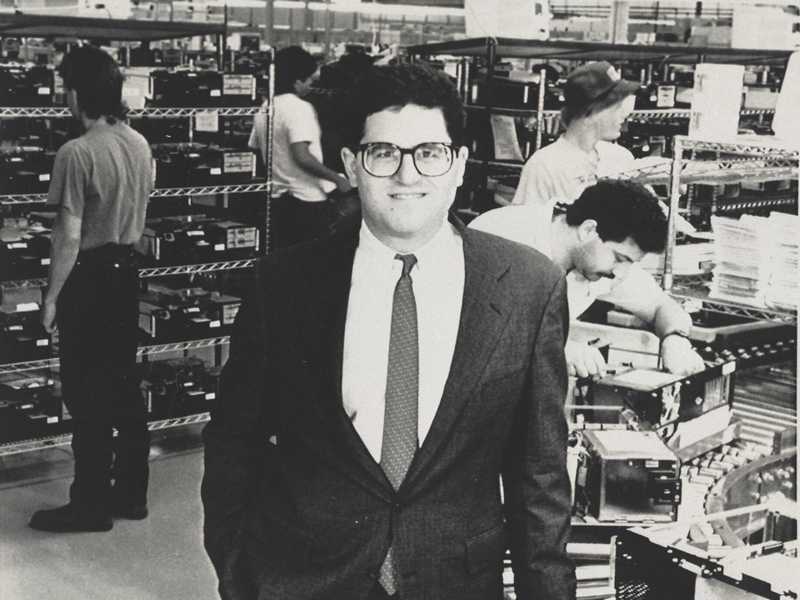
In 1984, Michael's company was renamed Dell Computer. Within a year, the company's capital amounted to millions of dollars, and Dell began manufacturing its own computers. Soon, the company's products attracted corporate clients. The volume of sales allowed for production expansion, and in 1989, the company began producing its own laptops – at that time, it was at the forefront of technology.
The next significant step was opening a branch in Europe, which started producing computers for sale in Africa and the USA, among others. The company faced challenges experimenting with new technologies and often struggled with sales volume and cash flow issues, mainly with inventory rather than liquidity. These challenges were successfully addressed by bringing in new managers and transitioning to wholesale from retail.
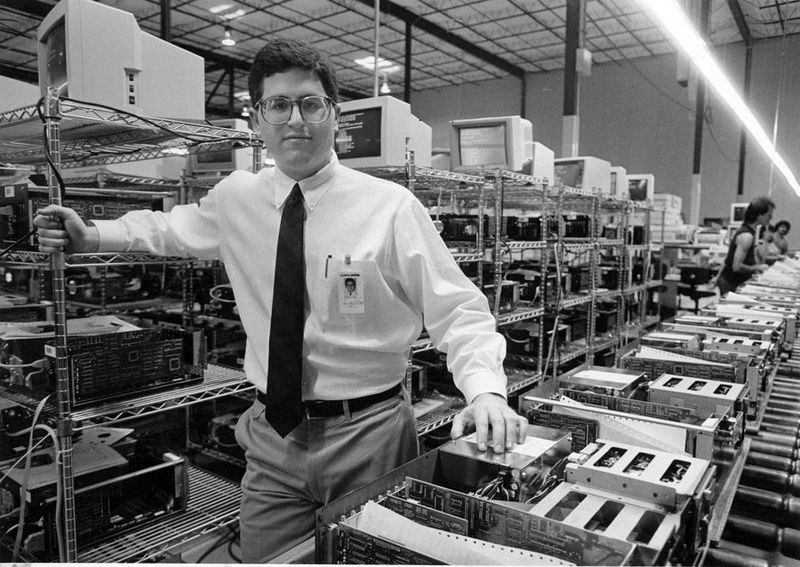
The next important milestone was the advent of the internet. Dell became the first company to utilize the network for sales, enabling customers to order preferred technology from their corporate site.
Subsequently, Dell Corporation successfully penetrated the global market by opening two new branches in Europe and Japan. The sales system was revamped, with departments established to cater to specific customer groups: small, medium, and large businesses, medical centers, and more. These efforts increased sales, and currently, Dell holds the largest market capitalization share despite less aggressive advertising compared to Apple products.
Secrets of Success
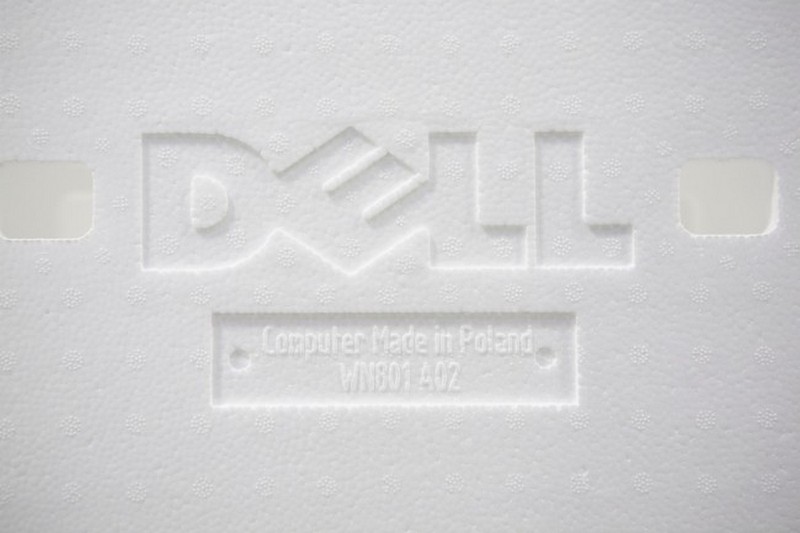
The company's success is based on several principles:
- Elimination of intermediaries: Minimizing the number of intermediaries involved in sales schemes has allowed the company to lower product prices while maintaining Dell's popularity in the market.
- Customer focus: Michael Dell preferred to interact directly with customers in the initial years. This approach helped him understand his audience's preferences and respond promptly to market dynamics. As the company grew, the customer-centric principle remained intact, along with exceptional service when technical issues arose.
- Absence of inventory stockpiles: Another key lies in Dell not accumulating its products in warehouses. This enables them to swiftly pivot and start producing new products without financial losses when necessary.
Michael Dell has stepped away from direct company management and now serves on the board of directors. His life exemplifies how one can build a powerful business without significant initial capital, relying on determination and sharp intellect. If you aspire to replicate the successes of giants like Dell, IBM, or Android, following Michael Dell's example is worth considering.
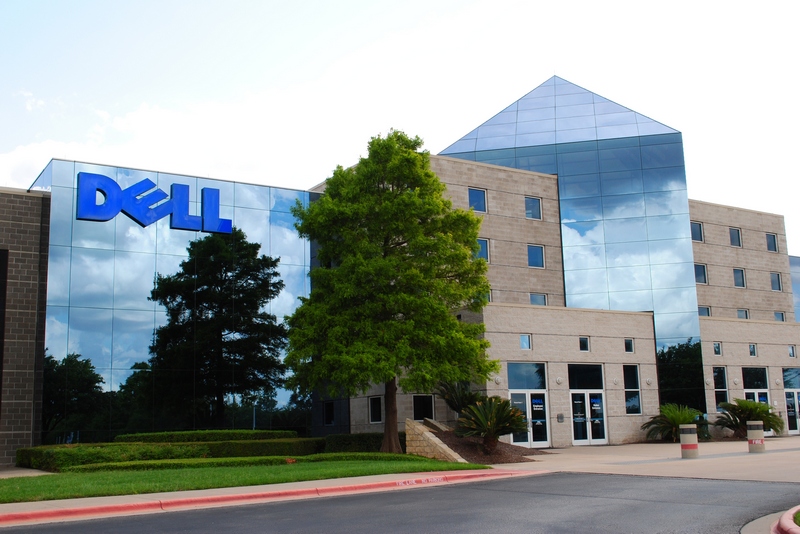
If you found this article inspiring, consider sharing it with your friends as it might motivate them to achieve business success akin to Michael Dell's.
💡 Want more business insights? Stay ahead of the curve with our exclusive updates!
👉 Join our Telegram channel for daily business ideas and expert tips.
👉 Follow us on Facebook to never miss a trend or update!
Don’t just read—connect, grow, and innovate with us today!





































.jpeg)













Note: Comments are being moderated and may take a while to appear. There is no need to resubmit your comment.